This book is an account of how Dr. Kalam visualizes information and Communication technology mining rural talent. Here, Dr Kalam presents his dream of schools in India in 2020 as symbiotic nerve centres connecting teachers, students and community; personifying knowledge that exists in the world.
He also makes a clarion call to accelerate the process of societal transformation. This would involve raising the standards of governance and safeguarding the sanctity of public institutions. The book uses the metaphor of a tree to describe the process of knowledge bearing fruits of prosperity in the contemporary globalised world where different phases, formative, adult working life, and post-50 experienced senior citizens, call for different kinds of learning.
The book refers to the contextual contribution of a large number of Indian scientists and artists and proves that there is no age bar to blossom. He advocates the creation of conditions that favour the growth of diverse individual talents akin to a garden and calls for a scientific mindset guided by conscience, consensus and actions that take our social and moral values into account in building our own systems. The book extensively draws from world literature making an essential inspirational reading.
About the Author
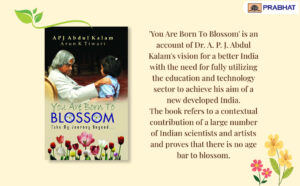


A. P. J. Abdul Kalam
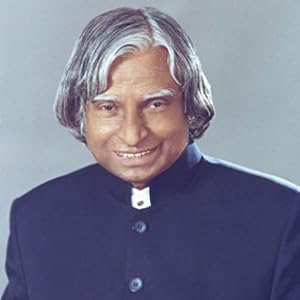
- Avul Pakir Jainulabdeen Abdul Kalam 15 October 1931 – 27 July 2015) was an Indian aerospace scientist and politician who served as the 11th President of India from 2002 to 2007.
- He was born and raised in Rameswaram, Tamil Nadu and studied physics and aerospace engineering. He spent the next four decades as a scientist and science administrator, mainly at the Defence Research and Development Organisation (DRDO) and Indian Space Research Organisation (ISRO) and was intimately involved in India’s civilian space programme and military missile development efforts.
- Kalam was elected as the 11th President of India in 2002 with the support of both the ruling Bharatiya Janata Party and the then-opposition Indian National Congress.
- While delivering a lecture at the Indian Institute of Management Shillong, Kalam collapsed and died from an apparent cardiac arrest on 27 July 2015, aged 83.

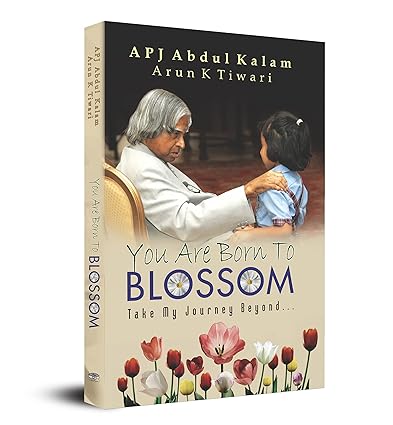
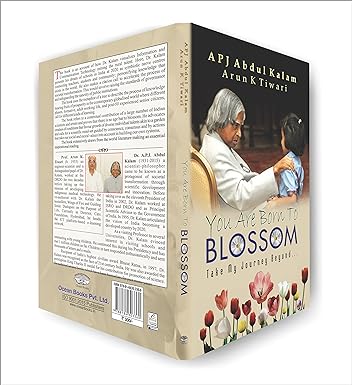
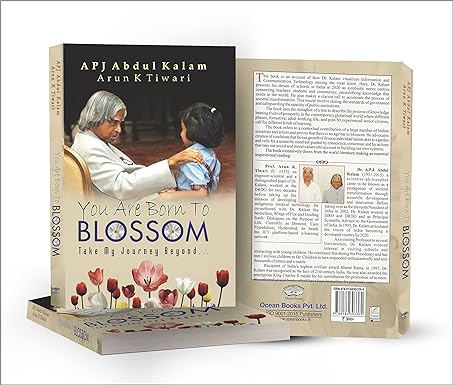


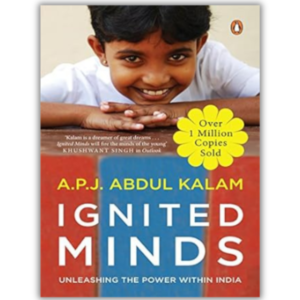
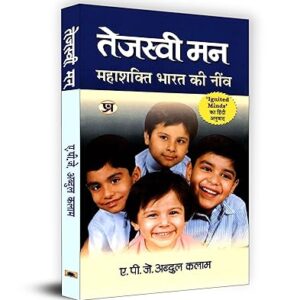
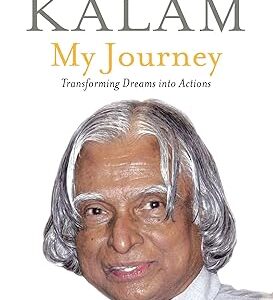


Reviews
There are no reviews yet.